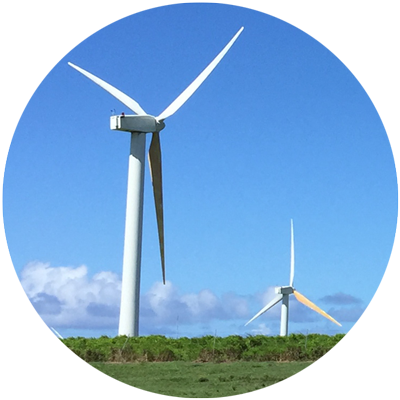Home > Climate News >

It’s time for businesses to aim higher. Here’s one way to do it—natural climate solutions
Corporations are (rightly) first focused on reducing their emissions. That’s absolutely where they need to start, and it should be their highest climate-related priority. Thanks to pressure by activists, customers, shareholders and employees, companies are now taking action. They’re not waiting for government regulations mandating them to do so. They’re doing what they can to reduce their carbon emissions by using less energy and switching to renewables.
And when they can’t reduce further, they are now also committing to purchase large volumes of offsets to reach carbon neutrality. Some companies go even further and aim to reach net negative.
This is where NCS enters the picture…
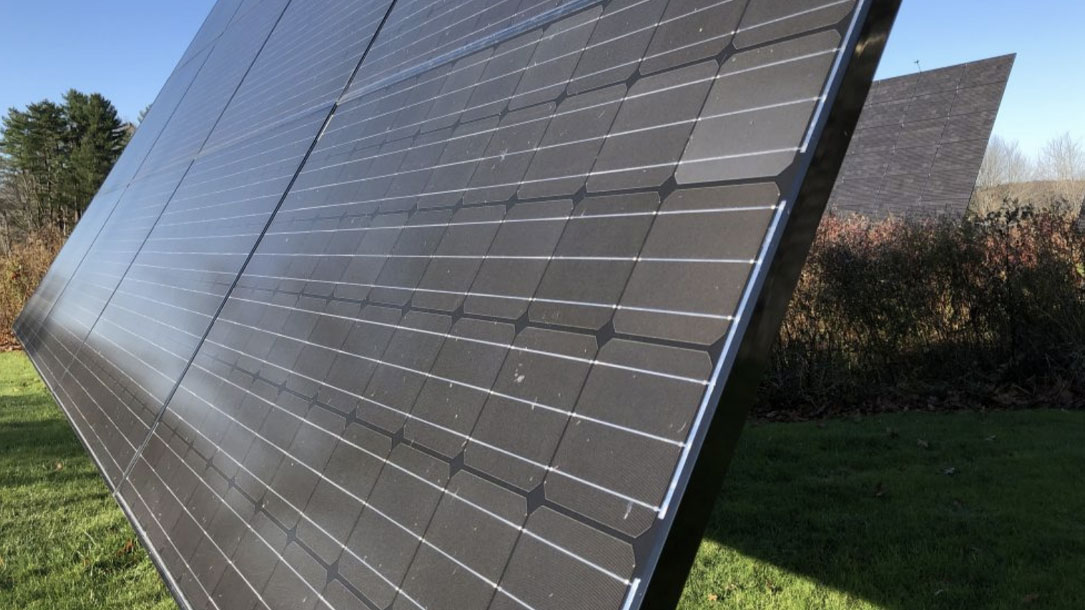
Climate change and community impact
Climate communication 101 involves meeting people where they are, connecting with that they see, and finding ways for people to participate in the climate solution in a manner that also adds value to their lives.
Maine Audubon has done just that with its Climate Spotlight series. Audubon’s research has documented that if left unchecked climate change will cause the loss of millions of birds. They’re playing a leadership role and helping to frame the issue:
“Climate change is the biggest environmental issue facing Maine, and we’re not backing down. Maine Audubon’s new Climate Spotlight series is aimed at giving consumers and advocates the information they need to take action and understand how climate change impacts Maine. Topics in this free online discussion series include: getting involved in rooftop and community solar; natural climate solutions; transportation; and home energy efficiency.”
Check it out, and see if this is something you could create in your community.

New report suggests the speed of the energy transition is rapid
That the world is engaged in a profound transition in the way we use energy is undeniable. The era of carbon-intensive energy derived from the burning of fossil fuels is coming to an end, and a cleaner, more reliable energy future based on renewables like wind and solar will be the new normal. How long this change will take is, however, still a matter of fierce debate…
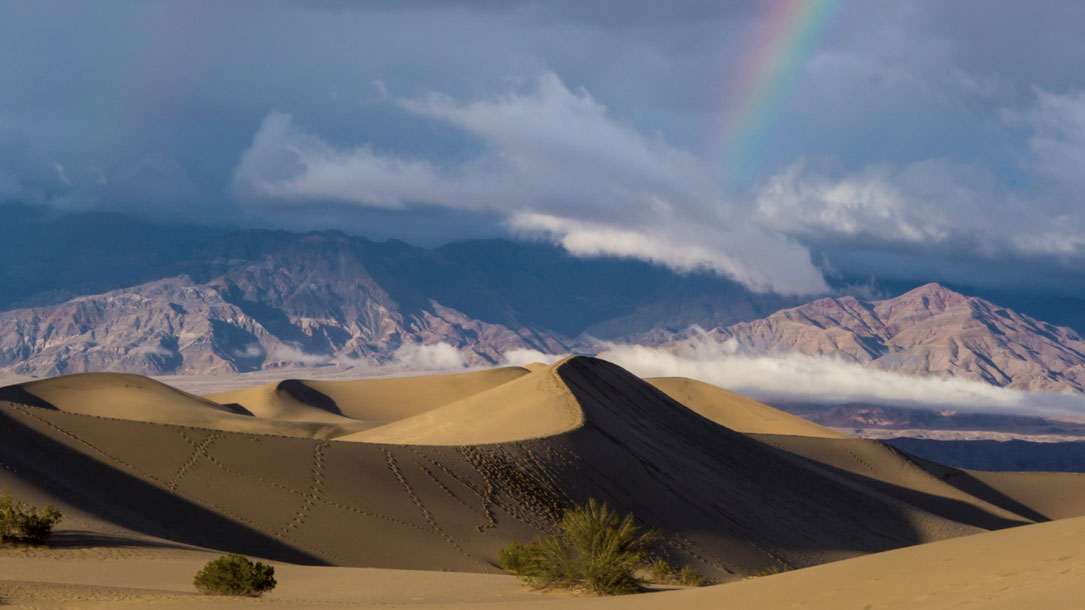
Is a big win for conservation a blow to climate action?
On July 22, Congress passed the biggest public-lands spending bill in half a century. The bipartisan bill, called the Great American Outdoors Act, puts nearly $10 billion toward repairing public-lands infrastructure, such as outdated buildings and dysfunctional water systems in national parks…

Making the change: breaking our fossil fuel habit
An iceburg melts in the Arctic; saltwater seeps into the Florida Everglades, the sun bakes a lakebed in Bolivia, trees die in the mountains of Germany, and bush fires sweep across southwest Australia. Although thousands of miles apart, these events are connected: they have all been intensified by climate change primarily caused by our burning of fossil fuels. Since ancient times, humans have burned wood, peat, and oil for heating, cooking, and light. In the U.S., as elsewhere, coal powered the industrial age until the discovery of vast amounts of underground petroleum in the mid-19th century. American industrial might was built on energy derived from fossil fuels—the decomposed remains of plants and animals found in the Earth’s crust. These fuels contain carbon and hydrogen, and it is carbon that is the problem.

House passes major conservation bill, sending it to Trump’s desk
“The House on Wednesday approved a major public lands conservation bill, sending it to the White House, where President Trump is expected to sign it into law.
The measure passed in a 310-107 vote.
The bill, known as the Great American Outdoors Act, would provide $900 million in federal oil and gas revenues for the Land and Water Conservation Fund (LWCF), which helps secure land for trails and parks…”

Cornell University divesting from fossil fuels to focus on alternative energy, renewables
The investments for this category are expected to decrease to zero over the next five to seven years as the investments mature, according to Bob Howarth, a Cornell professor of ecology and environmental biology who helped lead the divestment efforts and now heads the University Assembly.
Instead of investing in fossil fuels, the university will grow its $6.9 billion endowment portfolio by investing in alternative energy and renewables…
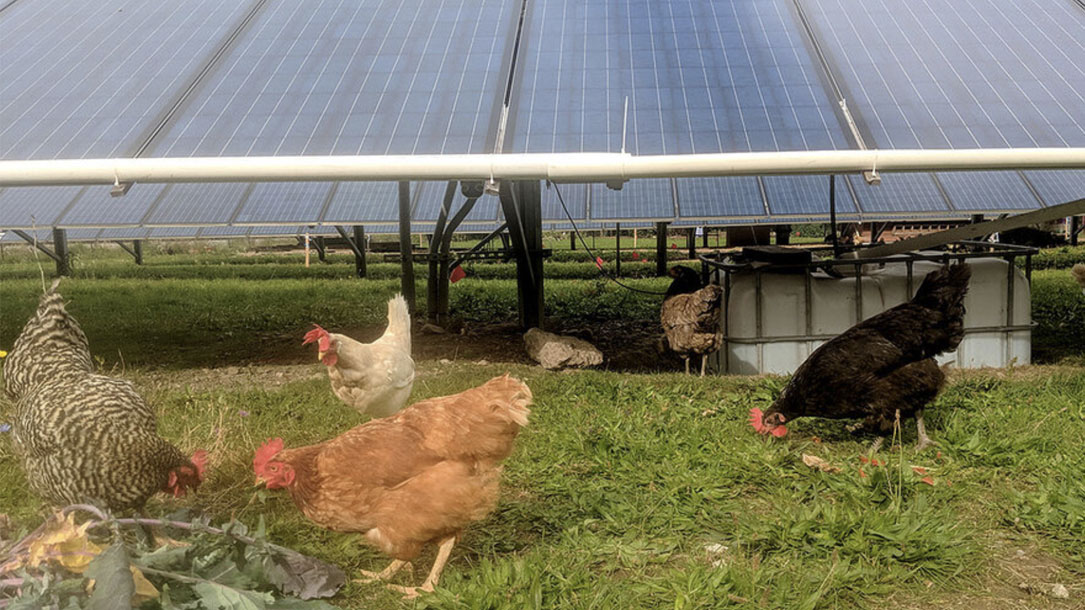
A new vision for farming: chickens, sheep, and…solar panels
When Jackie Augustine opens a chicken coop door one brisk spring morning in upstate New York, the hens bolt out like windup toys. Still, as their faint barnyard scent testifies, they aren’t battery-powered but very much alive.
These are “solar chickens.” At this local community egg cooperative, Geneva Peeps, the birds live with solar power all around them. Their hen house is built under photovoltaic panels, and even outside, they’ll spend time underneath them, protected from sun, rain, and hawks…
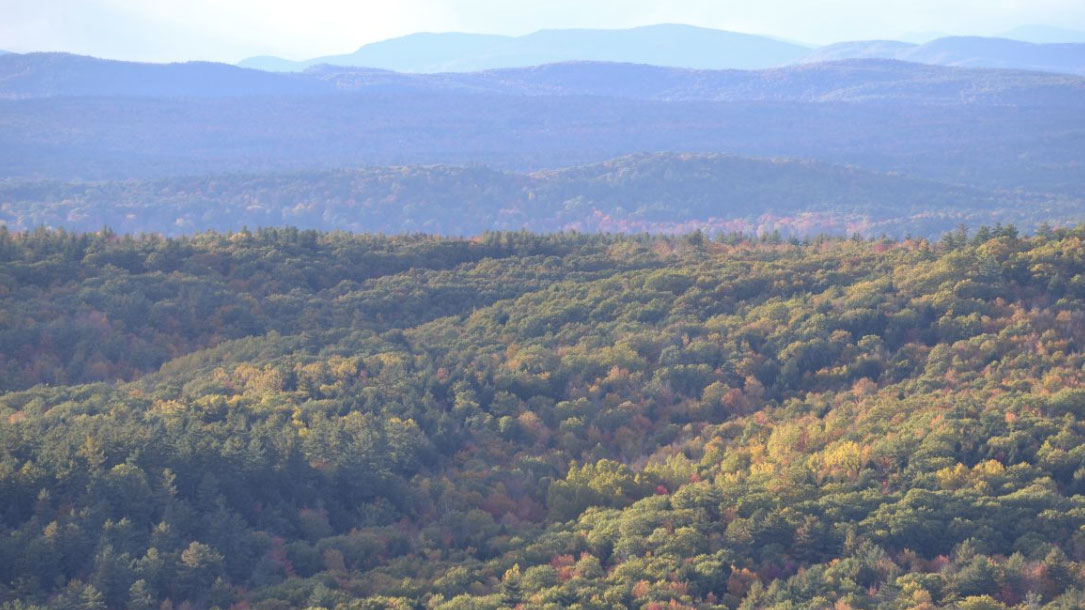
Sustainability and climate change initiatives
In their most recent climate initiative, the Kennebec Land Trust Finance Committee worked with Kennebec Savings Bank Investment and Trust Services to move their investments into a Socially Responsible Investment (SRI) portfolio that is aligned with their mission. SRI considers environmental, social, and corporate governance criteria to generate long-term competitive financial returns and positive societal impact.
As managers of forestland, they use and promote forest management practices that maximize carbon sequestration, including: protecting soil carbon, where about 50% of the carbon inventory is typically stored on a forested acre; promoting native species and increasing plant diversity to improve forest resiliency and carbon storage; harvesting sustainably; and taking a long-term view by growing high-value and larger diameter trees. On the ground, their forestry days at the Curtis Homestead are teaching the next generations…

Warming climate is changing where birds breed: Study
[Clark] Rushing explained, “There’s a real risk that, if these declines continue at their current pace, many species could face extinction within this century. Neotropical migrants are vulnerable to future climate change, putting them at risk of greater declines.”
Neotropical migrants already fly thousands of miles each year to breed, so why can’t they go just a bit farther as the climate warms?



